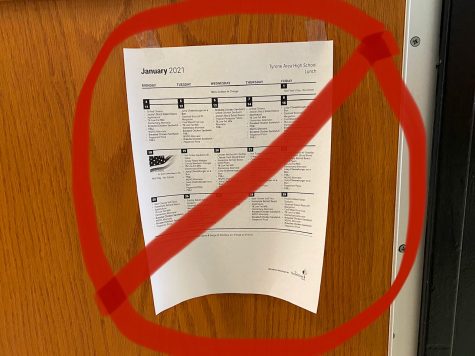Benefits of Being Bilingual
Learning a language is very beneficial, as it is the very gateway to a culture and its history. It’s found in everyday media like video games and music, making it ever-so unifying.
Americans often scoff at the idea of learning a second language, not understanding the purpose of learning foreign languages and viewing the time it takes as not very beneficial.
However, in today’s interconnected world it is incredibly valuable for people to know more than one language. While English is still the primary language in the US, 21.3% of the US population speak something other than English as their primary language, and that number is on the rise.
As a result, other languages and cultures are incorporated into every-day media and being bi- or multi-lingual holds plenty of job opportunities.
Employers often need people who can speak more than one language. For example, since much of Nintendo’s, Sony’s, and SEGA’s content originates from Japan, they require translators, due to the English language being difficult. A translator that works at Nintendo’s hourly pay is $21.82. If one were to spend 6 hours translating text, scripts, etc., they would rack up over $130 a day, making it a reliable source of income.
When foreigners speak English, sometimes the heavy accent will get in the way of proper understanding. Those who had to learn English and are not native to the land in question often have to take years to improve their English in order to be comprehensible, which, is a lot of unneeded work just to understand each other. Native English speakers who can also speak other languages can more easily understand people from other countries.
According to a study commissioned by the National Education Association in 2007, “children who study a foreign language receive a boost in overall cognitive development, do better on standardized tests, are more creative, and have better self-esteem and sense of achievement in school.”
However, there are more benefits to learning a second language aside from getting a job or understanding foreigners– studies have shown that learning new languages can lower the risk of dementia and Alzheimer’s, along with keeping the mind sharp.
Another study by the Dana Foundation found that “the cognitive and neurological benefits of bilingualism also extend into older adulthood. Bilingualism appears to provide a means of fending off a natural decline of cognitive function and maintaining what is called ‘cognitive reserve’.”
Not to mention the fact that as the world becomes more globalized, knowledge of other languages and cultures become more necessary to understand and enjoy the world we live in.
For example, video games often insert other cultures and languages into their games. In Nintendo’s Mario Odyssey, the game’s areas take inspiration from all over the world: Latin America, New York City, Japan, and more. In Sand Kingdom, the area heavily references Latin American traditions, history, and environment. Taking place in a desert, colorful buildings laced together to form the town plaza is seen, along with a hidden mariachi-like band. The residents are decorated skeletons, a nod at the Day of the Dead, a celebration of passed ancestors and their history. The game takes many nods toward foreign and native cultures and traditions, this only being one of them.
Learning a language is very beneficial, as it is the very gateway to a culture and its history. It’s found in everyday media like video games and music, making it ever-so unifying.

こんにちは!僕はテイラです。
Oh wait, that’s not English.
Hi, I’m Taylor. I don’t normally do bios, but TL;DR, I’m a homosapien...



















Taylor Laber • Jan 18, 2019 at 8:16 am
did you like… skim over this whole article. cause i said it was at nintendo, ben
Benedict L. DelBaggio • Jan 17, 2019 at 9:36 am
Where is the translator job? The national hourly wage is $24.57, which compared to the $21.34 makes many beginner jobs pay more than translating.